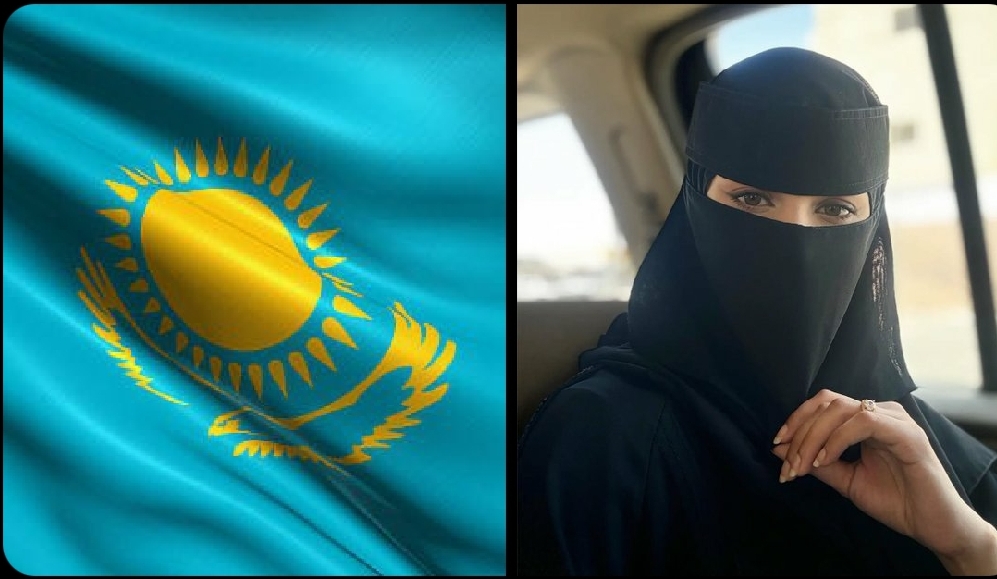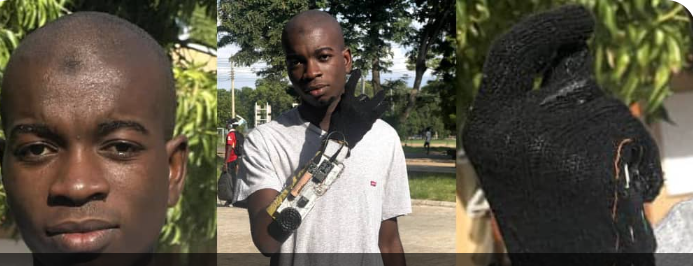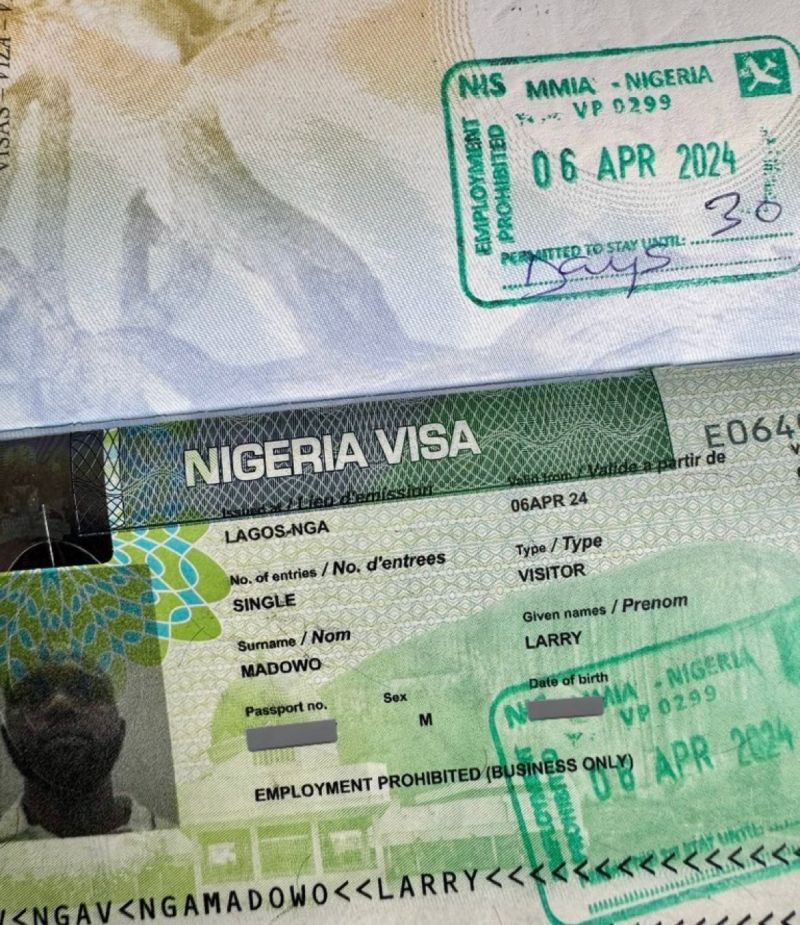
Kazakhstan Bans Niqabs and All Face-Covering Clothing in Public — Sparks Outrage and Global Reactions

In a move that has ignited fierce global debate, the government of Kazakhstan has officially banned the wearing of niqabs and all other forms of face-covering clothing in public.
The new legislation, signed into law by President Kassym-Jomart Tokayev on June 30, 2025, marks a bold step by the Central Asian nation to reinforce its secular identity, even as critics say it openly targets Muslim women and religious freedoms.
The law prohibits any clothing that fully or partially conceals the face in public spaces—including niqabs, burqas, balaclavas, ski masks, and similar garments—arguing that such coverings impede proper identification and pose a national security risk.
However, the sweeping nature of the ban has raised alarm bells among human rights groups and religious organizations around the world.
According to the new guidelines, exceptions will be granted only under specific conditions: medical necessity, harsh weather conditions, or participation in cultural or sports events.
But that has done little to soften the backlash. For many, this law follows a disturbing trend in Central Asia where secular governments are increasingly placing restrictions on visible expressions of Islamic faith.
“This is not about clothing. It’s about identity, choice, and control,” said one human rights observer monitoring the situation from Almaty. “Kazakhstan has chosen to follow in the footsteps of neighbors like Kyrgyzstan, Uzbekistan, and Tajikistan, who have all moved aggressively to eliminate traditional Islamic dress in public. It’s a concerning regional pattern.”
President Tokayev, however, defended the move as a step toward modernizing Kazakh society and preserving its cultural roots. Government officials claim the rise in face-covering garments represents a departure from traditional Kazakh norms and fuels the spread of "foreign ideologies." The state has already banned hijabs in public schools and promoted “national attire” campaigns encouraging youth to embrace “authentic Kazakh fashion.”
Unsurprisingly, reactions online have been explosive. Social media platforms are flooded with hashtags like #KazakhstanBan, #NiqabRights, and #ReligiousFreedom, with thousands of users worldwide condemning the decision. Prominent Islamic scholars and civil rights activists are calling for international intervention, warning that such policies could fuel radicalization and deepen religious divides.
On the streets of Nur-Sultan and Almaty, the mood is divided. Some citizens welcome the change, arguing that Kazakhstan must maintain its secular values and public safety. Others—especially in conservative communities—see it as an open attack on personal and religious freedom.
What remains clear is that Kazakhstan's decision is not just a domestic policy shift; it is a geopolitical signal. By banning face coverings, the country is aligning itself with a growing number of secular governments in Central Asia pushing back against Islamic expressions in public life.
As the dust settles, one question lingers in the minds of many observers: Is this truly about security—or about silencing faith under the guise of progress?
Stay with Busterblog.com for continuing updates on this developing story.


